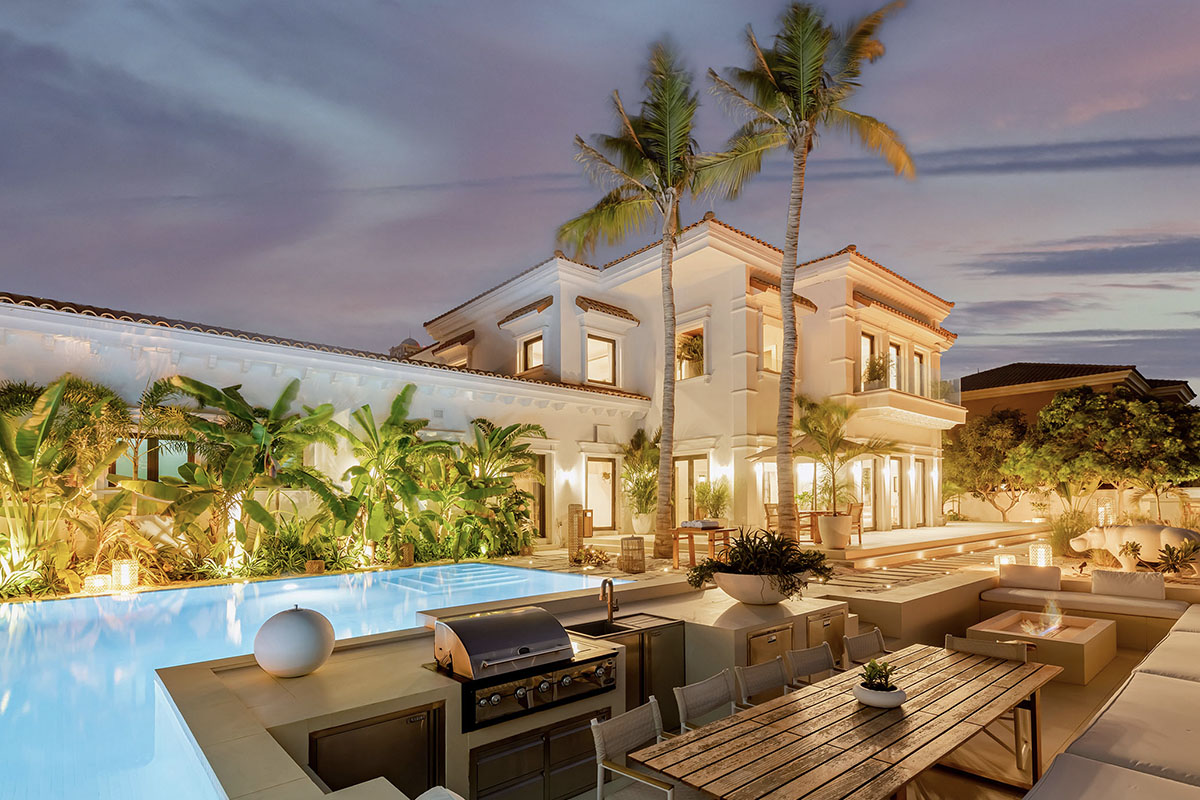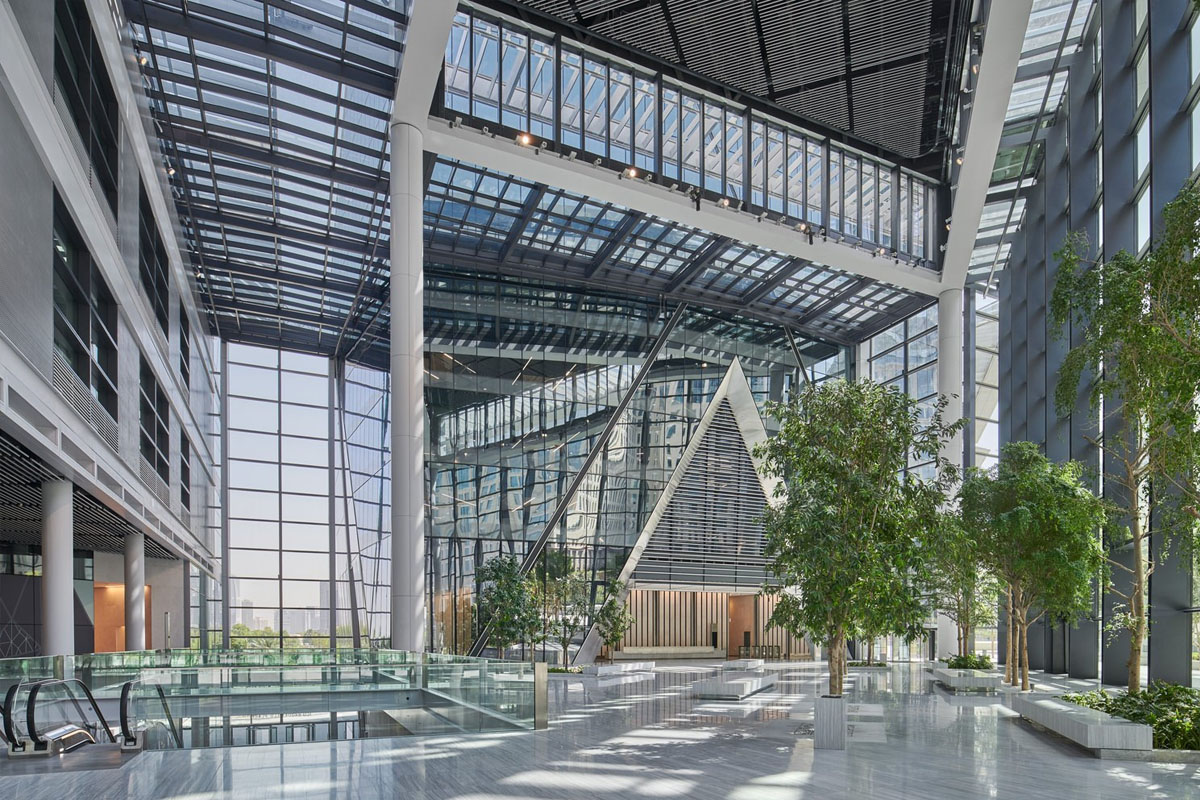The city’s property market continues to perform well in global rankings, building upon inherent stability and an innovative environment.

An exquisite, beachfront home on the Palm Jumeirah, representative of the luxury villas attracting even more investment in the new year.
A recent report quoted in Arabian Business ranked Dubai as the world’s fourth most active luxury property market last year, with 219 sales worth US$10 million or more — behind only New York, Los Angeles and London. This strident showing was due in large part to Golden Visa reforms and a trademark tax-free lifestyle, and the subsequent deluge of investment from sources as widespread as Russia, India, the U.K. and Canada.
As we navigate 2023’s bustling first quarter, the Dubai real estate market’s buoyant run shows no signs of abating. New investment is flowing in unabated, with a number of high-net-worth individuals and family offices making the city their permanent home.
Uniquely, this has resulted in villas gaining in popularity, intended as they are for long-term end use rather than more overt investment uses of upscale apartments.
Still, Dubai remains a highly affordable market for luxury homes, with its prices approximately 15% less than the global market according to a recent Arabian Business report (of course, this means prices have room to rise before hitting any sort of ceiling).
This growth will, conversely, be affected by the much-discussed lack of supply — a phenomenon that luxury developers are attempting to address but are not expected to resolve in the near future.
Happily, though, this rapid growth and urgent need for more luxury homes has meant an environment that strives to make innovation the norm. The Dubai Land Department’s newly launched Instant Sale feature, for example, employs smart evaluation to facilitate property transactions — a step in the technological future outlined by the Dubai Economic Agenda (D33).

ICD Brookfield Place, an example of the Dubai real estate market’s forward-thinking environment.
ESG has also blossomed. Notable developments, from those in the Sustainable City to DIFC’s ICD Brookfield Place, have pledged to attain carbon neutrality — a responsible growth also emphasised in the Dubai 2040 Urban Master Plan.
This has naturally spilled over into other sectors — Dubai is an increasing favourite of hedge fund traders, who are attracted to the city for many of the same reasons as real estate investors. Indeed, a robust real estate market only adds to the perceived investment stability of Dubai, as does the fact that — according to a recent report — over one-third of all ultra-high-net-worth individuals in the Middle East increased their wealth by over 10% last year.
This speaks to the symbiotic relationship between strong market performance and strong influx of investment — a hallmark of the greatest economies, and so it seems to be in Dubai as well.



